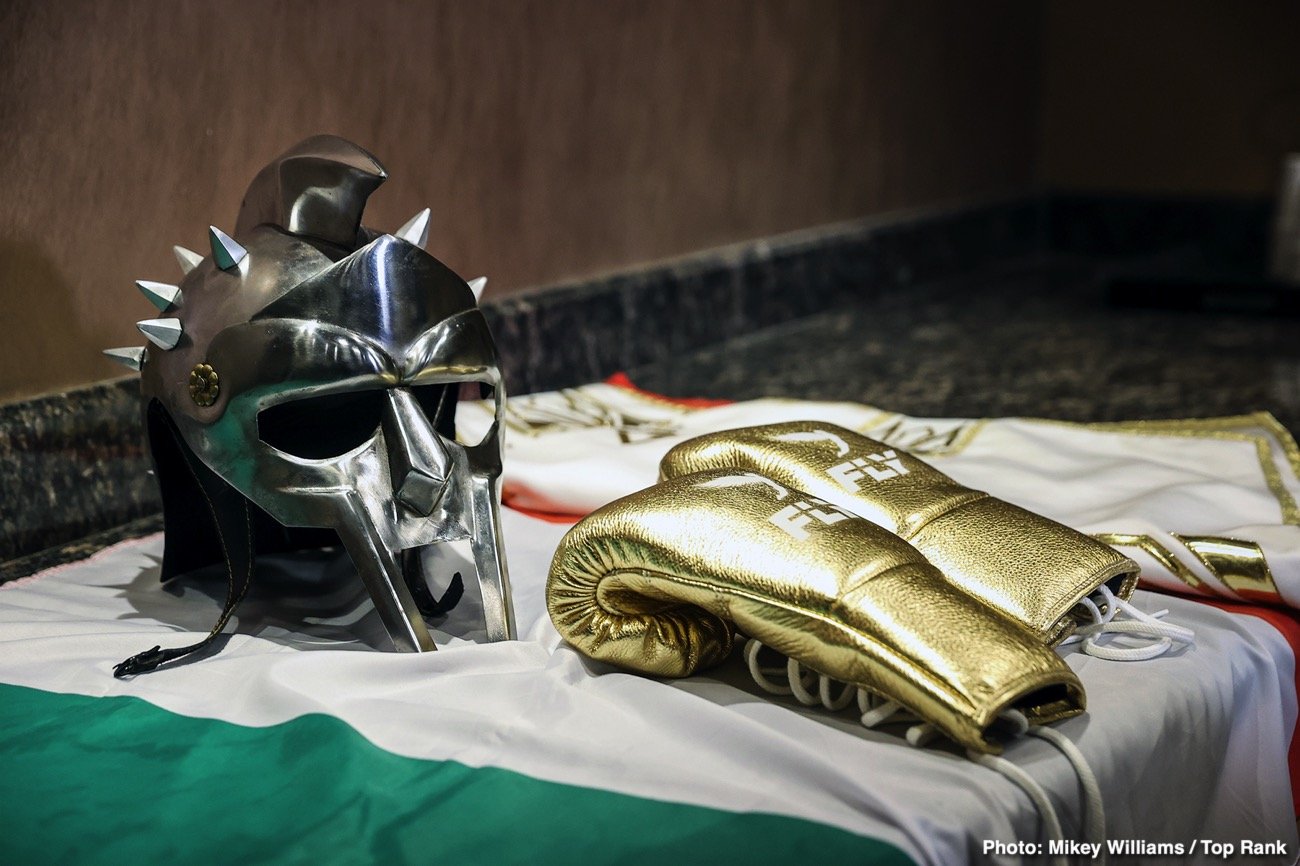It has often been said that the hugely celebrated quartet of 1980s fighters dubbed “The Four Kings” (the ’80s, the decade when they were each at their peak, their nickname first put down on paper), should, in fact, have been called “The Five Kings.”
For although Sugar Ray Leonard, Thomas Hearns, Roberto Duran, and Marvin Hagler all enjoy continued adulation due to the epic fights they engaged in with each other, some say a fifth, more than deserving name is lacking. Wilfredo Benitez, who went to war with Duran (a win), Hearns (a points loss in a close affair), and Leonard (a 15th round stoppage defeat), is the super-special fighter in question.
“El Radar” (Benitez handed his own unique nickname due to his almost supernatural defensive abilities) never fought Hagler. Yet, the Puerto Rican wizard was more than brave enough to have done so had he been offered the chance. So, fair or not fair, Benitez was deemed to not be a deserving entrant into the special club. Iran Barkley aside, however, Benitez is the man who tested each of the four greats he actually went in with more fiercely than any other fighter ever did (Barkley, for the record, as I’m sure you know, twice shocked Tommy, lost a classic to Duran, but never fought Marv or Ray).
https://www.youtube.com/watch?v=K1PdduOBTi0
Benitez carved out a legacy all his own.
It was 45 years ago today when a 17-year-old Benitez – who was already an astonishing 25-0, this after less than two-and-a-half years inside the pro ring, his debut taking place when he was just 15 – challenged the long-reigning WBA 140 pound champion Antonio Cervantes of Colombia. Cervantes, who was making the 11th defense of the title, was as big as a 4/1 betting favorite in some places. But Benitez, so naturally gifted, so cocksure, so utterly brilliant, shocked the odds and the champ, winning a 15 round split decision that should in no way have been split. On this day in his homeland of Puerto Rico, Benitez was an absolute joy to watch.
30-year-old Cervantes, an impressive 50-9-1 and unbeaten since his boxing lesson of a decision loss to another defensive master in Nicolino Locche in December of 1971, held his own with Benitez for a few rounds – before Wilfredo’s speed and unfathomable skills made the fight his show. Benitez jabbed like a master, while the clumsy attempts at landing a shot on his challenger’s elusive chin made the accomplished Cervantes look, well, clumsy. How was a teenager doing this! Benitez didn’t have things his own way all night, as Cervantes dug in and rallied in some of the later rounds. But it was a long and somewhat frustrating night for Cervantes, while it was the coming-out party of coming-out parties for the sizzling “Wonder Kid.”
After 15 rounds, Benitez was champ via split verdict: 148-144 and 147-142 telling the story quite accurately, the 147-145 scored turned in for Cervantes a work of fiction. Benitez had, to take a line from Cassius Clay, shook up the world – the 140-pound boxing world. He had made history as the youngest ever world boxing champion, this at 17 years, 5 months, and 23 days. Benitez, who would retain his 140-pound title three times, would go on to defeat superb fighters such as Carlos Palomino, Maurice Hope, and Duran. In total, Benitez would win world titles at three weights: 140, 147, and 154. Unfortunately, too many fans remember Benitez best for his losses to Sugar Ray and The Hitman.

Also, a thing of bad fortune is the fact that Benitez, who carried on for far too long and often barely trained at all for a fight, big or not so big, fell into seriously ill health after finally hanging up the gloves in 1990. Benitez was still a young man when he had become a shot fighter (his heavy losses to Matthew Hilton, Pat Lawlor, and, in his final fight, Scott Papasodora are incredibly hard to watch), and he was still a young man when his health and standard of life completely fell apart. Today, Benitez needs round-the-clock care, and he is wheelchair-bound. A shockingly sad sight indeed.
Yet we must remember the great days, the glory days – when Wilfredo Benitez was one of the finest boxers on the planet. If things had worked out just a little bit differently, Benitez might today be recognized as one of the greatest of the greats while at the same time being able to enjoy the accolades and the fan affection. As it is, Benitez is as stark a warning as can be over the dangers even the most naturally talented fighters face if they punch-in for major overtime in the ring.
